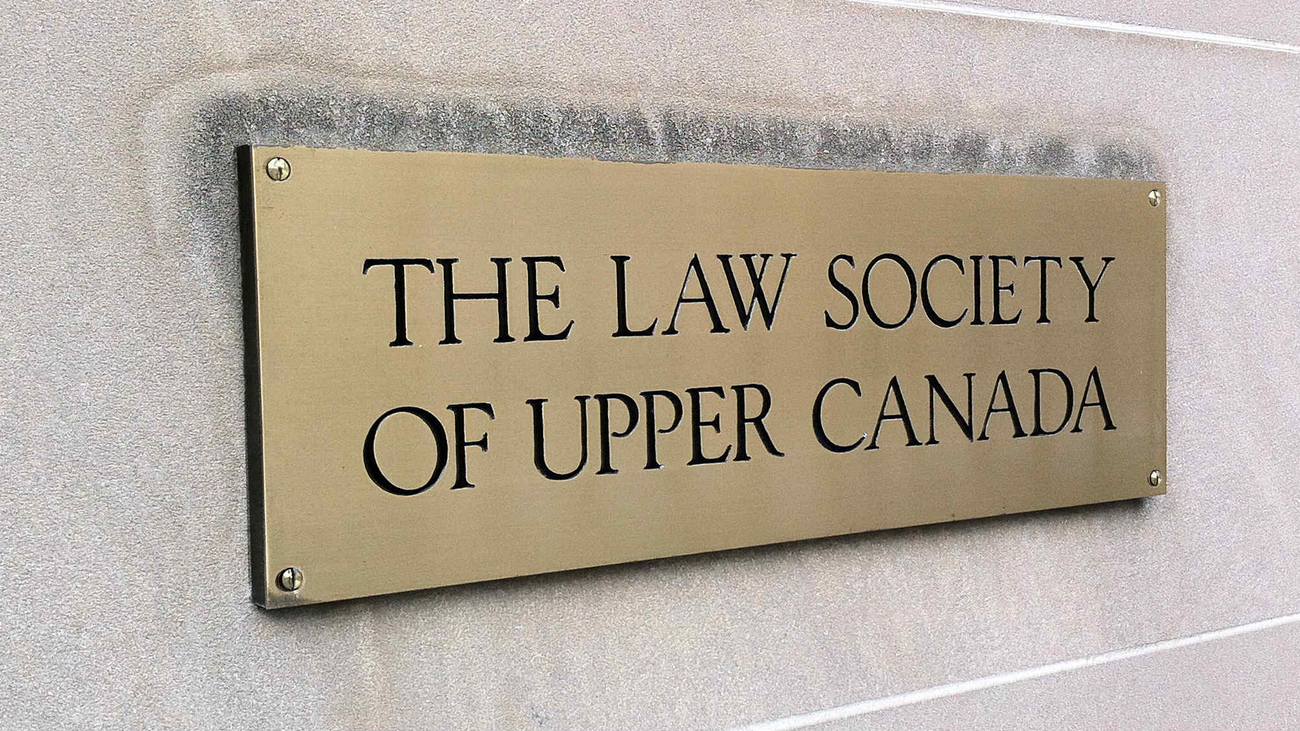
At a time when the number of law school graduates exceeds the number of articling positions available, the Law Society of Upper Canada is making things a little easier for candidates who have experience working abroad. Starting this year, lawyers who have already been called to the bar and practised law for at least 10 months in another common law jurisdiction can apply for an exemption from articling.
“If 10 months of articling was a sufficient bridge from law school to practice for domestic candidates, then 10 months of practice experience should also be considered an appropriate threshold for considering exemption requirements for internationally trained lawyers,” says Daphne Simon, associate registrar for the Law Society.
Previously, lawyers needed to have seven years of practise behind them before they could be granted an exemption from articling. Those with fewer than seven years could apply for a reduction in time, but they still had to complete a minimum of four months, and many internationally trained lawyers found it difficult to find an articling position for such a short period.
For lawyers who have already gone through the articling process after working in other jurisdictions, the change comes too late. Julie Blencowe passed the Bar Exam in Massachusetts in 1996 before working as a lawyer for the United States Navy for four years. When she moved to Ontario in 2000, she was still required to complete six months of articling before she could take the Bar Exam. “Articling is no different than working as an attorney, you just aren’t paid as much or able to call yourself an attorney,” says Blencowe. “It was disheartening to have to prove that I was at the level of a Canadian law school graduate when I had already worked as a lawyer.”
The change was prompted by the work of the Law Society’s Licensing and Accreditation Task Force, which released a report last year that brought attention to the candidate-articling gap. And with the number of candidates applying to the licensing process expected to increase, the move could relieve some of the pressure on the articling system.
But even as it frees up articling positions, foreign-trained lawyers — typically hired at junior levels — will be competing with recent calls. “There seem to be more junior lawyers looking for work because of recent layoffs, or articling hireback rates this year,” says Rebecca Toth, legal consultant at ZSA Legal Recruitment. “It may add extra competition to the marketplace.”

This story is from Precedent‘s Summer 2009 Issue
